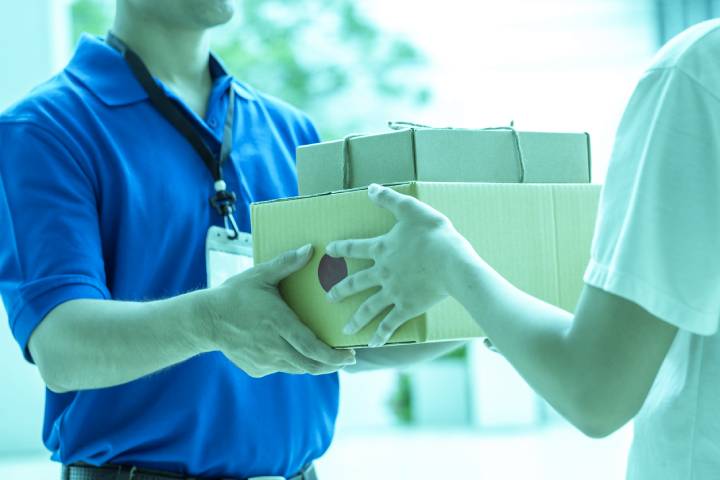Preventing Package Damage During Shipping Starts at Home

Shipping packages from one side of the U.S. to the other can be a tricky business. All too often, packages are damaged due to bad roads, bad operator driving, and vehicular accidents. However, in the digital age, new technology has been developed that not only monitors packages during the shipping process, but that can provide crucial real-time data which can prevent package damage.
One such technology, RFID asset tracking (Radio Frequency Identification asset tracking), is becoming quite popular among shippers due to its ability to prevent package damage. RFID “tags” can be attached to a packages while in transit. Both armable and tamperproof, they are programed to turn red when an g-force impact occurs. Since they can be read remotely in real-time, they can also be installed inside a package and don’t require a line of sight.
But what if you don’t have access to RFID tags? What if you’re just a small, one-person, home-based ecommerce shop who packages your own goods when a customer purchases them? It means that preventing package damage during shipping starts at home.
According to a recent report, the last thing a person wants is to open a package only to find it’s been damaged in transit Whether you’re an individual sending a single package or an ecommerce business, there are several crucial steps your can take to make certain your package will arrive safely and without shipping damage.
All it takes is the correct sized box, some strong tape, and other packaging materials to transport a package without it being damaged. Here are just a few tips on how to prevent freight damage.
Table of Contents
The Right Sized Box
Damage free shipping begins with choosing the right sized box. An ideal box should be just slightly larger than the item you’re shipping. This allows for a small amount of room for proper cushioning.
Many shipping services will accept your using your own box of choice so long as it’s in tip-top shape with little or no damage to the flaps. Boxes can also be purchased directly from UPS and/or FedEx.
Cushioning Material
You’ll need to wrap all items individually in cushion material. For instance, if you’re shipping several items, you need to wrap them individually in Bubble Wrap, old newspaper, or tissue paper. The cushioning process prevents the items from damaging one another while in transit.
Fill the Empty Spaces
It’s important to fill any empty spaces and gaps inside the box. The experts attest that one of the key components for preventing shipping damage is to eliminate as much space inside the box as possible so that the items can’t move around. You can use everyday household items such as newspaper, clothing, towels, and more.
But some of the best products for filling in the gaps are packing peanuts, Bubble Wrap, air-cellular material, and tissue paper.
Fill Big Boxes with Small Boxes
Smaller boxes should go inside one big box. It’s way to easy for small boxes that are around 7X4 inches or even smaller to get lost during the transit process. Add the proper cushioning around the small box until the big box is entirely filled and protected.
Packing Tape
The packing tape you use is just as important as the box you choose. You should seal the box with high-quality tape that’s pressure sensitive. It pays to spend a little more on a sturdy tape that securely seals the box. You can get this tape at Amazon and most shipping stores.
The H Method
It turns out, there’s an art to taping your package. All box flaps must be taped utilizing the so-called H method. Say the experts, “picture the top of your box as the letter, ‘H,’ with each opening representing a part of the letter.” You then cover each of the seams with 2 inches of wide, durable tape. Do not use rope, twine, or string if you plan on avoiding damage during shipping.
Shake it Up
The best, most sure-fire way to test your shipment to determine if it’s been packaged properly, is to shake it up. If you feel and/or hear things moving around after a major shaking, you need to open the box and add more cushioning material.
If you’re still not convinced your package isn’t safe for transit, then drop it to the floor. But be warned, you should only drop your package to the floor if you’re convinced you’ve done a good job at packaging it in the first place.
Also Read: The Relevance Of Edge Computing In The Technological World Of Tomorrow






